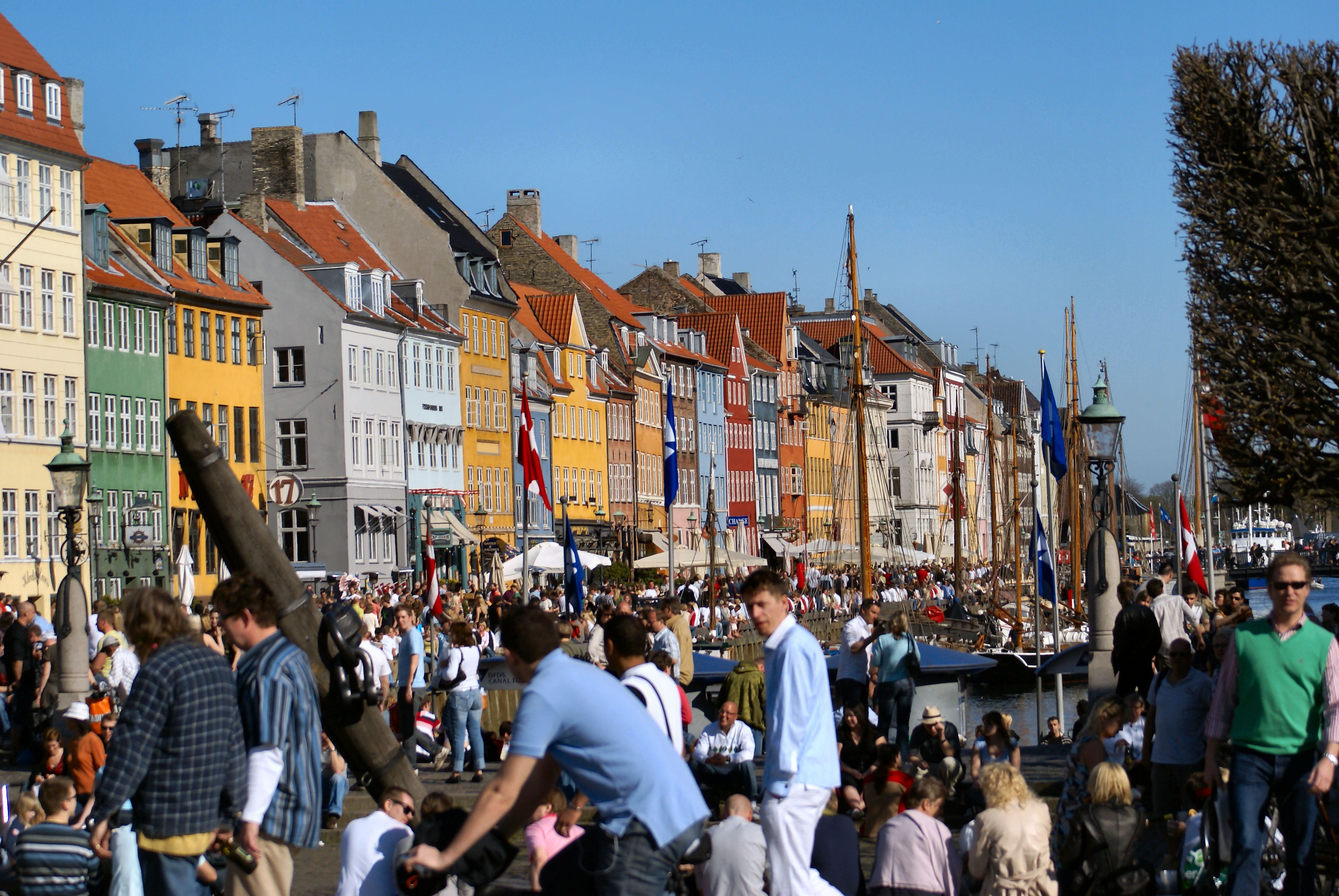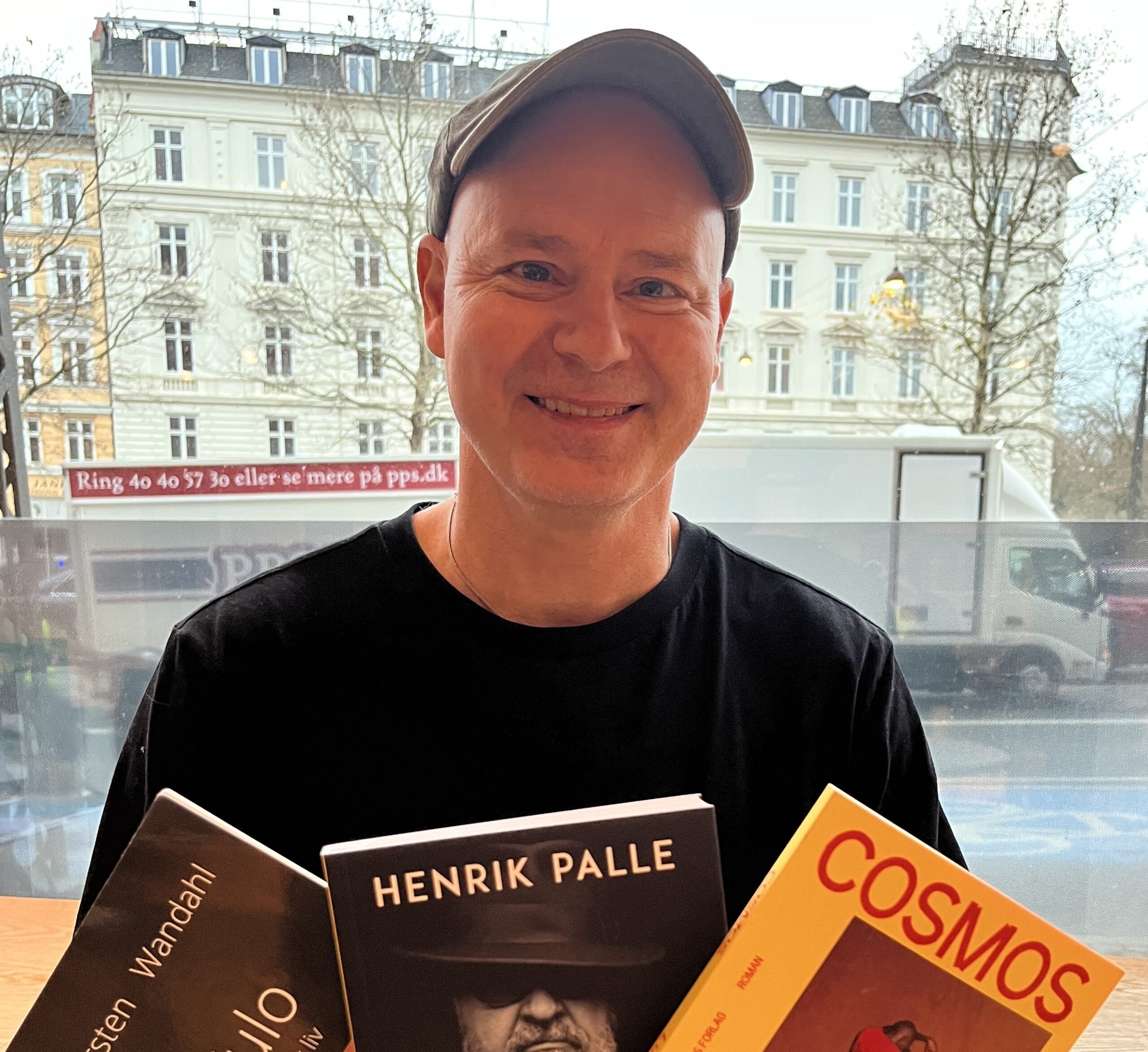I recently saw an interesting video about something called ‘the expat curve’. Depending on the individual, the cultural differences in their new country and the nature of new experiences, the expat curve can have five or six different phases. You go through high peaks and low troughs in your evolution as an expatriate in any country. As many of us have probably experienced, you typically start off in the ‘honeymoon phase’, in which everything is new and different, but in an exciting kind of way. What follows is the ‘initial culture shock’ phase, when the very differences that first delighted you begin to annoy you.
As it turns out, I’m currently in the third phase of the curve called ‘superficial adaption’. What this means is I’ve learnt the routines, the simple dos and don’ts, and the easy norms of Danish society by observing Danes and emulating them. For those of you curious to know if you’ve reached this stage yet, consider the list below. If, like me, you are guilty of some of the following things, you are probably in this phase too.
1) You plan most of your shopping in advance, making trips during the weekdays or in the first half of your Saturdays and Sundays. You simply don’t expect to find your favourite clothing, shoe or toy store open in the evening on weekends. On the rare occasion that you do have some last minute shopping, you know exactly which stores will be open, being able to count them on your fingers.
2) Hyggelig is the most often used adjective in your vocabulary. The higher the hyggelig factor attached to something, the better it is and you know you can’t go wrong with “Hvor er det hyggeligt” (how wonderfully cosy it is) when offering praise. You use it for objects, events and places, stopping just shy of using it for people and pets.
3) Getting an internet connection for your home is something you plan months in advance. If unfortunately, you don’t have the luxury of planning ahead, you wait patiently to get it, having realised through experience that quick service is something that only people in other countries have. A large portion of this waiting time is spent in libraries and cafes that offer free wi-fi while gulping down a great deal of coffee.
4) You state quite matter-of-factly that there is no such thing as bad weather, just wrong clothing. In fact, the appropriateness of your coats and jackets assumes more importance than what you wear underneath it. You have jackets and coats that go by ‘windy and freezing’, ‘cold and wet’, ‘raining but pleasant’ and ‘just a touch of cool’, to name a few.
5) As you believe that there is no such thing as bad weather, you underestimate its effect on your mood. You fail to realise too late that the cold and gloomy weather is casting a dark shadow on your good-natured person. Thankfully, the frosty demeanour gets shed along with the pile of clothes at the first sight of summer.
While these examples don’t seem extraordinary in themselves, the realisation that I’m in the phase of ‘superficial adaption’ is a bit unsettling. Because if I follow the curve through its natural progression, things are apparently going to get worse before they get better. The reason it’s called the phase of ‘superficial adaptation’ is because sooner or later expats realise that there is a deeper level of values, priorities and ideas that are still too strange to you. What follows is ‘complete culture shock’. Not a very encouraging outlook. But having got rid of my initial naiveté and high expectations, I’m hoping to handle the next phase better.
What about you? Which phase of the expat curve do you find yourself in right now? Whichever phase you’re in, may 2014 take you to a better one. Hopefully a bigger number of us will move past the stages of ‘superficial adaptation’ and ‘complete culture shock’ to the ‘adjustment and integration’ stage, where we can better understand the Danish perspective while respectfully agreeing to disagree and enjoying the differences while we’re at it. See you on the other side soon.











